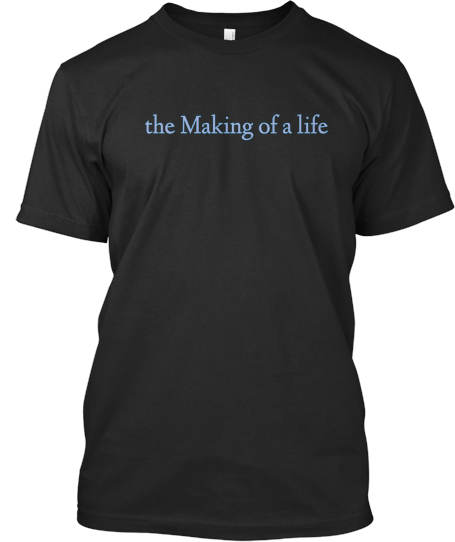Techno Toddlers
Ah, the internet is ripe with questions and concerns about how we are raising our children. Parents often ask us ‘What’s best?’- What should we allow and not allow our children to do?
One of the most recent queries I read was a concern from a parent about allowing a 3 year old child fiddle with a smart phone. Should we or shouldn’t we? First, a moment’s pause to address the use and overuse of the word, ‘should’:
Should (dictionary.com): Verb
1. Used to indicate obligation, duty, or correctness, typically when criticizing someone's actions: "he should have been careful". Indicating a desirable or expected state: "by now students should be able to read".
When we use the word, ‘should’, we are setting ourselves up to either be all right or all wrong, to judge ourselves for the decision we are about to make, and even worse, we add an unnecessary burden of guilt which seems to keep parents and professionals, alike, paralyzed in indecision and inaction, rather than being active participants in parenting and teaching.
With countless decisions to be made every day at home or at school, we need to remind ourselves, we are making the best decisions we know how with the information we have/had at the time. Let’s look at the fear about hurting our children’s social-emotional skill development by allowing technology.
Spoiler alert: there is no- one- right answer.
So, what harm will come of young children fiddling with smart phones?
It seems to me, this is a teachable moment and ripe opportunity to engage parents in what we know the research says about child development and developmentally appropriate practice. At this moment in time, we do not have enough research about technology and young children to make definitive statements about technology use. We do, however, have a solid body of evidence about early childhood development which could help offer some insight, here:
- Young children try to make sense of their world through play: preschoolers are watching us fiddle with our smart phones at every turn. Children reflect and play what they see.
- Young children are curious, active learners- it would be amazing to be able to watch and observe a young child as they experimented with the cause and effect as they 'fiddled' with the smart phone. These are the foundation pieces for inquiry and science.
- The foundation of young children's social-emotional skill development is dependent on healthy relationships and grown-ups who provide reassurances to explore their environment; to describe and name what children are experiencing and feeling- to build vocabulary and a sea of knowledge about how the world works and how they feel about it.
Whether it is fiddling with a cell phone, watching a movie, riding in a car, a family meal or a number of other day to day activities, one thing is certain as children learn and grow into adults: in isolation, there is a danger for arrested development; together, through relationships, children will develop and thrive.
We say what you are thinking and would love to hear your thoughts!







